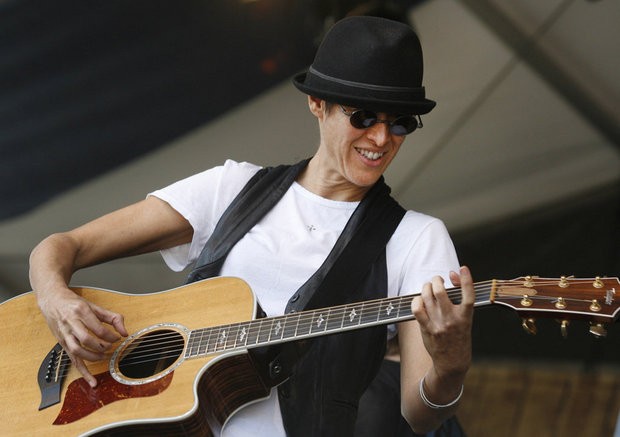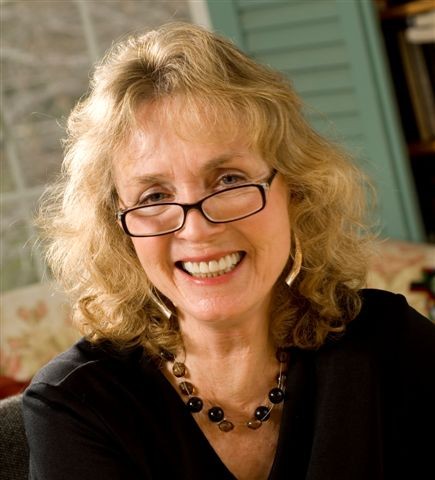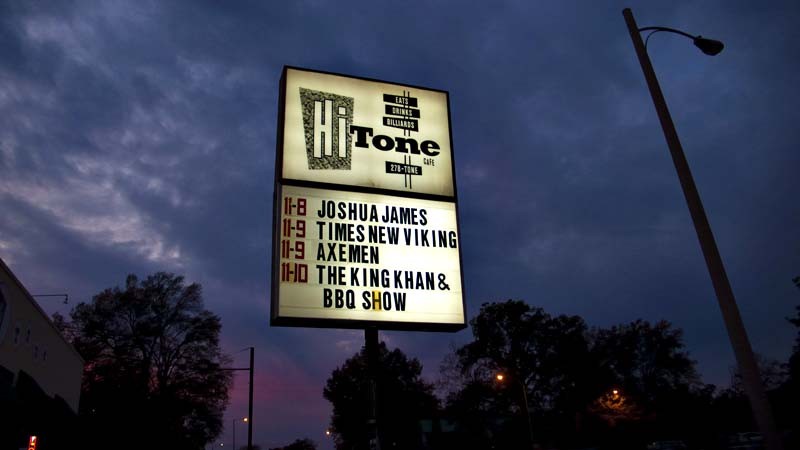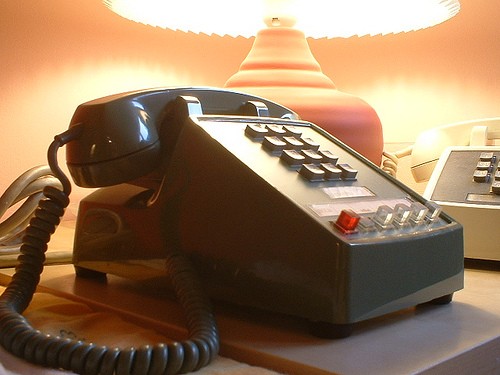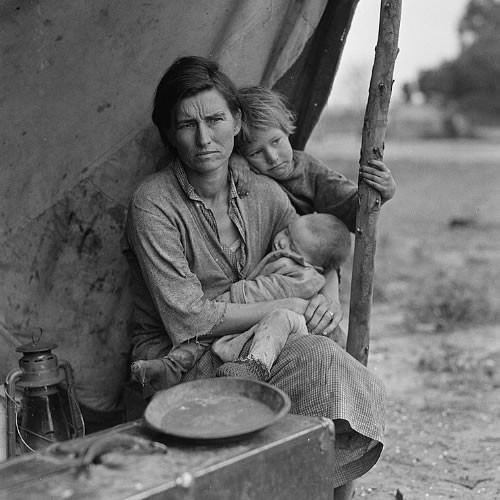The story was appalling.
And then, I have to admit, sort of ridiculous.
I mean, how could someone actually get raped by a huge man inside a portable bathroom at a crowded public event? The logistics were baffling, and compounded by what reportedly happened afterward. I found myself going through a dozen different scenarios of “It Doesn’t Make Sense Because …”
And then I stopped. Because I had to stop. We all have to stop.

The only thing that is publicly known is that a woman – married, 25 years old – reported that she was sexually assaulted inside the facilities of a private booth at the World Championship Barbecue Cooking Contest. She went to the hospital and submitted to all the invasive testing required by investigators within hours of the incident.
Every other detail – the hows, the whys, the what in the hells – is speculation. And every insistent claim that it just couldn’t have possibly happened that way is unfair. The presumption of innocence shouldn’t be reserved for alleged criminals. We should offer the same courtesy to alleged victims. That’s our job. Not to judge or doubt. A jury can do that in due time.
As much as most of us know that it’s never okay to blame a rape victim, it’s hard to resist the urge. We’re biologically hard-wired to believe that normalcy prevails. There is no monster under the bed, no boogieman in the closet, and certainly no rapist in the porta-potty. It’s a known psychological phenomenon that violent criminals are mentally framed as inhuman because it’s simply too difficult for the average person to accept that other average members of our species have the capacity for true cruelty. And yet.
It’s also hard to give up the idea that we are in control. Women, especially, survive day to day because we put the threat of rape and other violence into a part of our minds labeled “That would never happen to me because I would …” That file is filled with notes that say “Scream,” “Fight,” “Mace,” “Shoot,” or “Tear off his balls.” Because we want to – have to – believe that should such a terrible situation ever occur, we could get out of it. And yet.
The idea that women “cry rape” to get out of awkward social situations is a hard one to dismiss, especially since there seems to be a little truth behind it – after all, studies indicate that 2-8% of rape reports are “false.” Unfortunately, that number makes no distinction between reports that are made up and those that simply can’t be prosecuted, and it doesn’t account at all for unreported attacks. If it turns out, by some highly unlikely scenario, that a victim is lying, what did we lose as a society by going along with it for awhile? Compare that to what we lose when we doubt, bully, and criticize the much, much, much higher number of legitimate rape victims into silence. That default has gotten us to a place where reporting rape, and enduring the ensuing process, is so awful that some victims compare it to being assaulted all over again.
And yet. Some people still have the courage to report the crime. Somehow, despite all the social pressure demanding the opposite, they say, “This happened. Please help me fix it.”
Our part – our only part – is to try.

